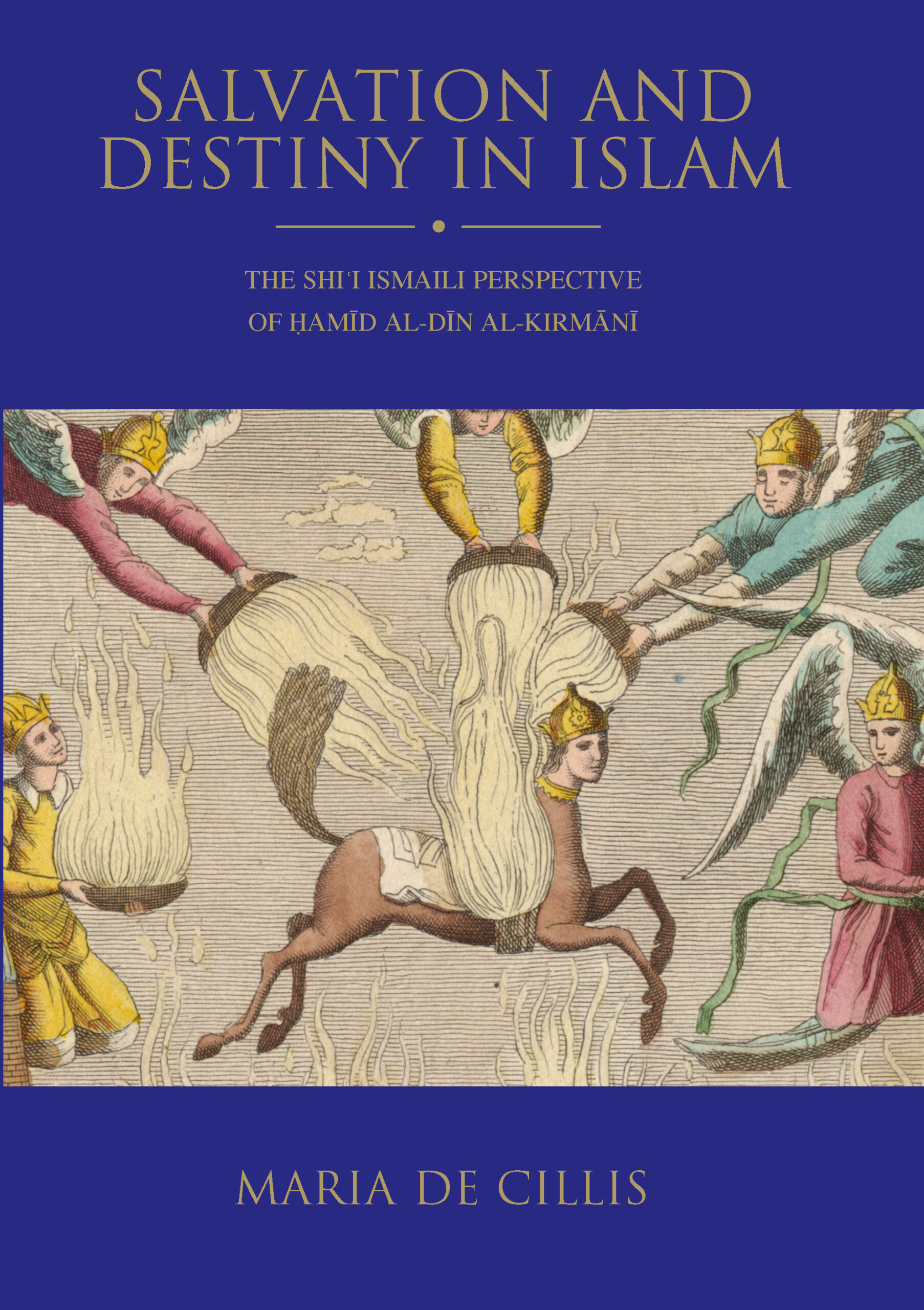This book is also available OPEN ACCESS to download or read online for free.
Medieval Islamic philosophers were occupied with questions of cosmology, predestination and salvation and human responsibility for actions. For IsmailisAdherents of a branch of Shi’i Islam that considers Ismail, the eldest son of the Shi’i Imam Jaʿfar al-Ṣādiq (d. 765), as his successor., the related notions of religious leadership, namely the imamate, and the eschatological role of the prophets and imams were equally central. These were also a matter of doctrinal controversy within the so-called Iranian school of Ismaili philosophical theology. Ḥamīd al-Dīn al-Kirmānī (d. after 411/1020) was one of the most important theologians in the Fatimid period, who rose to prominence during the reign of the imam-caliph al-Ḥākim bi-Amr Allāh (r. 386/996–411/1021). He is renowned for blending the Neoplatonic philosophical heritage with Ismaili religious tradition. This book provides an analysis of al-Kirmānī’s thought and sheds new light on the many layers of allusion which characterise his writings. Through a translation and analytical commentary of the eighth chapter of al-Kirmānī’s Kitāb al-Riyāḍ (Book of Meadows), which is devoted to the subject of divine preordination and human redemption, Maria De Cillis shows readers first-hand his theologically distinctive interpretation of qaḍāʾDivine decree. In the Qur’an, it does not appear as a noun, but as a verb meaning ‘to decree, determine.’ Together with qadar this concept featured in theological disputes on… and qadarDerived from Q. 33:38, etc and often translated as ‘destiny,’ ‘fate,’ or predestination. See qaḍāʾ. (divine decree and destiny). Here, al-Kirmānī attempts to harmonise the views of earlier renowned Ismaili missionaries, Abū Ḥātim Aḥmad b. Ḥamdān al-Rāzī (d. 322/934), Muḥammad b. Aḥmad al-Nasafī (d. 331/942) and Abū Yaʿqūb Isḥāq b. Aḥmad al-Sijistānī (d. c. 361/971). De Cillis skilfully guides the reader through al-Kirmānī’s metaphysical and esoteric correspondences, offering new insights into Shiʿi/Ismaili philosophical thought which will be of great interest to those in the field of Shiʿi studies and, more broadly, to scholars of medieval philosophy.
List of Abbreviations
List of Tables
Note on the Text
Acknowledgements
Introduction
Part I: Delineating al-Kirmānī’s Theoretical System
1. The Plotinian Legacy and al-Sijistānī’s Influence: A Preliminary Approach to al-Kirmānī’s Understanding of the Intellect
2. Al-Kirmānī’s Views on the Agent and the Nature of the Intellect
3. Meritorious Determination: Outlining al-Kirmānī’s Cosmological Scheme
4. The Human Soul and Providence
5. Human Actions in the Realm of Acquisition
6. The Intellect’s Knowledge of Particulars
7. Drawing Correspondences between the ʿālam al-waḥda and the ʿālam al-dīn
Part II: A Translation with Analytical Commentary of Chapter Eight of al-Kirmānī’s Kitāb al-Riyāḍ
Overview of the qaḍāʾ wa’l-qadar Debate in the Riyāḍ
Faṣl One
Faṣl Two
Faṣl Three
Faṣl Four
Faṣl Five
Faṣl Six
Faṣl Seven
Faṣl Eight
Faṣl Nine
Faṣl Ten
Faṣl Eleven
Faṣl Twelve
Faṣl Thirteen
Faṣl Fourteen
Faṣl Fifteen
Faṣl Sixteen
Faṣl Seventeen
Faṣl Eighteen
Faṣl Nineteen
Faṣl Twenty
Faṣl Twenty-one
Faṣl Twenty-two
Faṣl Twenty-three
Faṣl Twenty-four
Conclusion
Bibliography
Index
Maria De Cillis is a Senior Research Associate at the Institute of Ismaili Studies, London, where she is also the Managing Editor of the Shiʿi Heritage Series. She has authored Free Will and Predestination in Islamic Thought: Theoretical Compromises in the Works of Avicenna, Ghazālī and Ibn ʿArabī (2014) and has co-edited Shiʿi Esotericism: Roots and Developments (2016) as well as writing a number of journal articles and encyclopaedia entries. She has taught medieval Islamic philosophy and speculative theology at the School of Oriental and African Studies (SOAS) and at Birkbeck College, University of London. Her research interests include Islamic philosophy, Sufism, Shi‘i esotericism and Ismaili philosophy.

